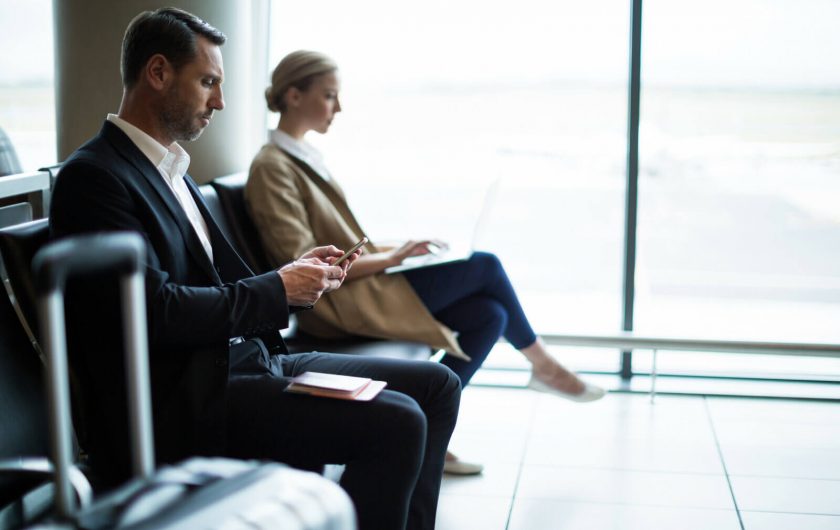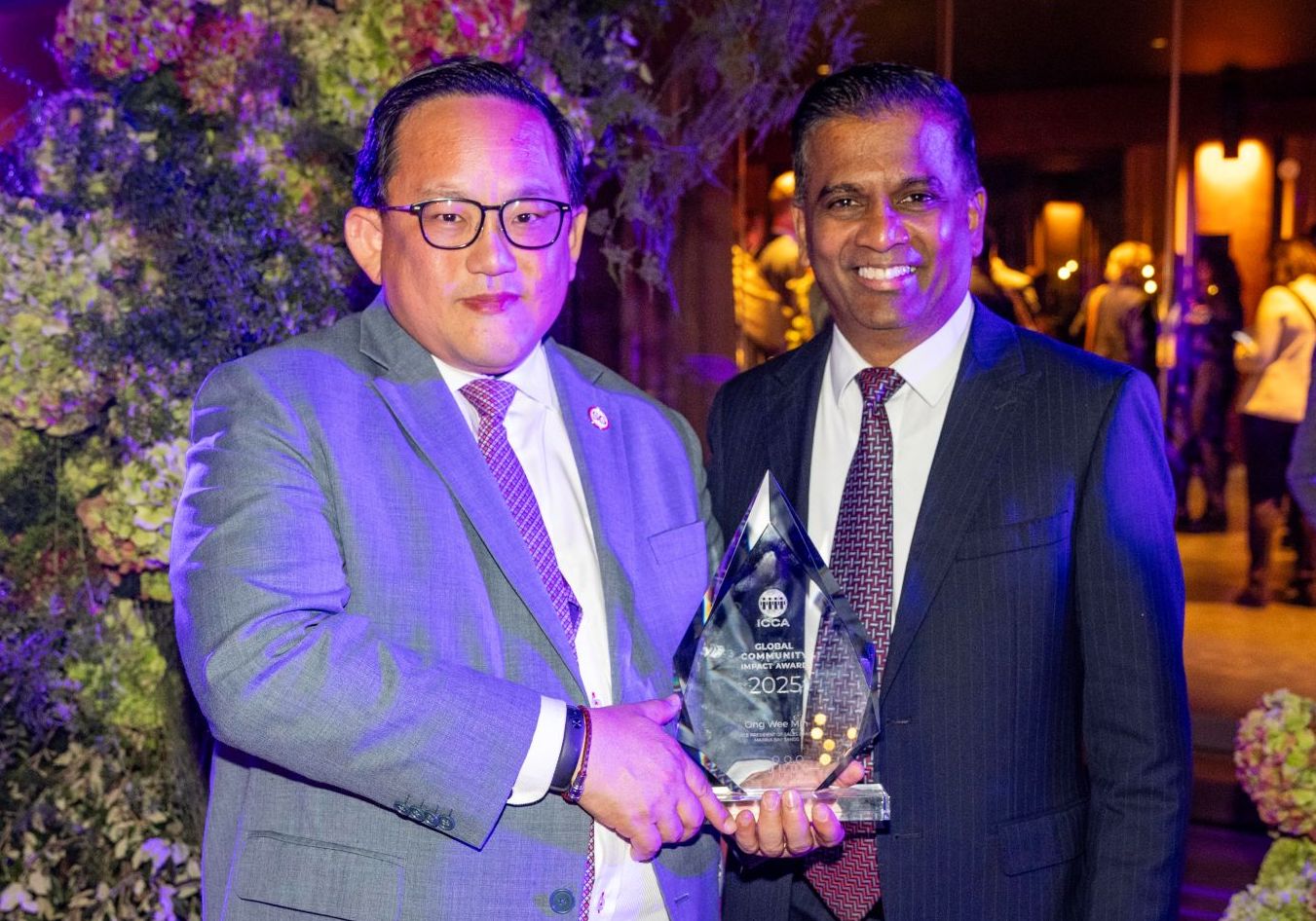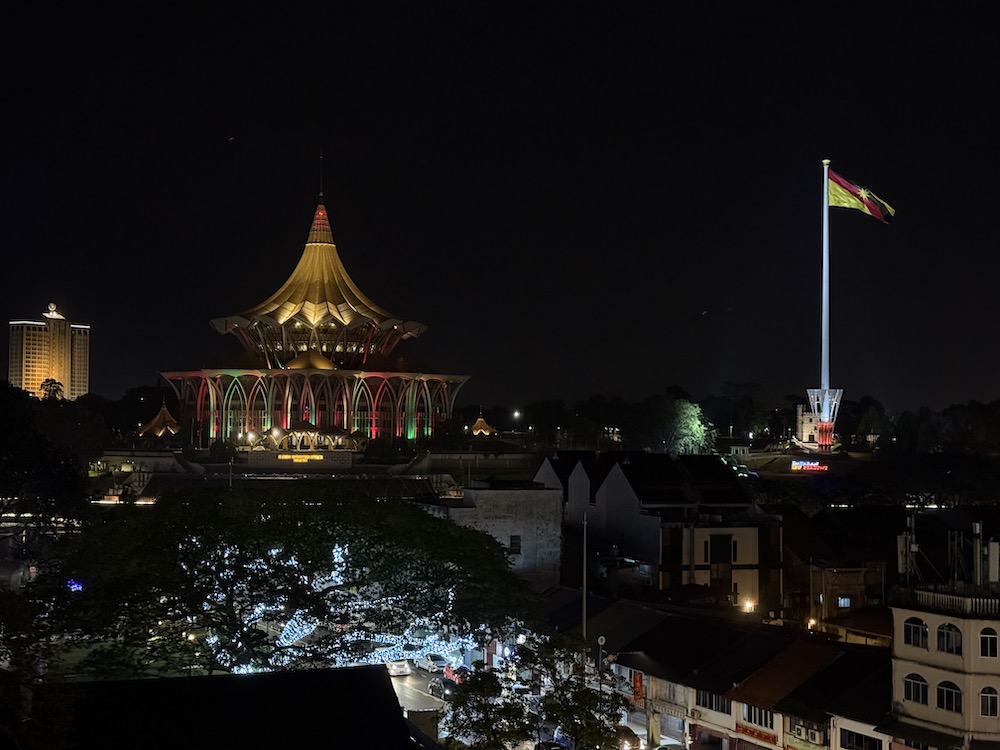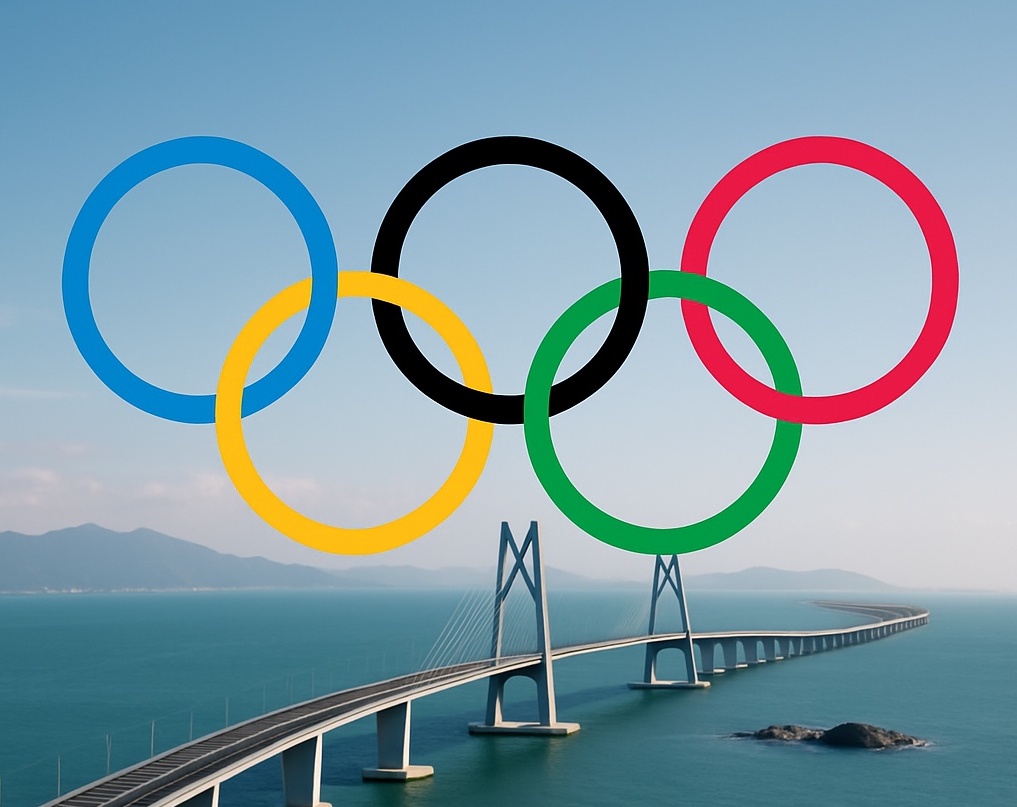WOMEN travelling for business are more likely to take measures to protect their safety during trips than men, according to a survey carried out by a travel-risk management organisation.
In the survey results issued in time for International Women’s Day yesterday, 71 per cent of respondents said travelling for work as a woman is less safe than travelling as a man, with 31 per cent saying they do not travel or go out on their own at nights during a trip.
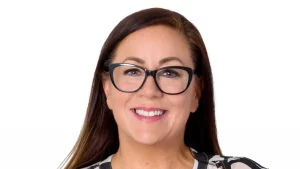
One in 10 have experienced negative incidents, ranging from minor theft to assault, the findings by World Travel Protection show.
Kate Fitzpatrick, regional security director, EMEA at World Travel Protection, added that women might also face gender bias in countries where women in leadership position was not widely accepted. She has experienced this herself in certain regions.
The company commissioned a survey conducted by Opinium of 2,000 business travellers in Australia, Canada, United States and United Kingdom.
Almost one in three (31%) say they do not travel or go out on their own at night; the figure is 18% for men. Almost half (46%) always stay in close touch with family and friends so their whereabouts are known, compared to 36% of men.
More… Cyber security and workplace top concerns: Sands panel
Almost one in five (19%) of the women business travellers surveyed also feel their organisation should act with women’s safety in mind when they are travelling alone, for example ensuring that flights do not arrive late at night.
Global women’s equality issues are also of greater concern to women than men with over one in three (36%) saying they do not like travelling to countries where women’s rights are not protected, compared to only 15% of men.
People are surprised to meet a woman director of security, and whether it is a police chief in South America or a site-risk inspection in West Africa, I regularly have to detail my past work in security and government law enforcement to give me credibility, something which my men colleagues never have to do
– Kate Fitzpatrick, regional security director EMEA, World Travel Protection
Both men and women take extra steps to protect their security when it comes to hotels or other accommodation. Among measures is the placing a chair or obstacle against the hotel door to deter a potential intruder (16% both men and women), and using room service so they don’t have to eat in a restaurant on their own (17% both men and women).
One in five women business travellers (21%) prefer to stay in hotels that make provision for solo women travellers and a similar proportion (19%) wear a wedding ring (real or fake) to avoid unwanted attention.
More than one in ten women business travellers (12%) have experienced a negative incident, ranging from minor theft to assault, and one in ten (10%) have been unwell with a women’s health problem while travelling but felt unable to get help because of the stigma around women’s health issues.
More… Putting gender on the agenda
Fitzpatrick, regional security director, with World Travel Protection, commented: “This International Women’s Day, it’s important to note that, compared to men, women often have different safety considerations to think about when travelling for work.
“The risk will generally increase in countries with less equality. It’s essential, therefore, that women have a full understanding of the cultural norms in their destinations from what to wear to how they act, for example perhaps avoiding alcohol in public. We often undertake specific risk assessments for women business travellers to make sure their safety and security is the highest priority.
Backgrounder… Planners reprioritise safety
“As well as safety considerations, women business travellers may face gender bias in some cultures where it’s not the norm to have women in senior roles. I’ve personally experienced sexism and push-back because of my gender.
“People are surprised to meet a woman director of security, and whether it is a police chief in South America or a site-risk inspection in West Africa, I regularly have to detail my past work in security and government law enforcement to give me credibility, something which my men colleagues never have to do,” Fitzpatrick said.
